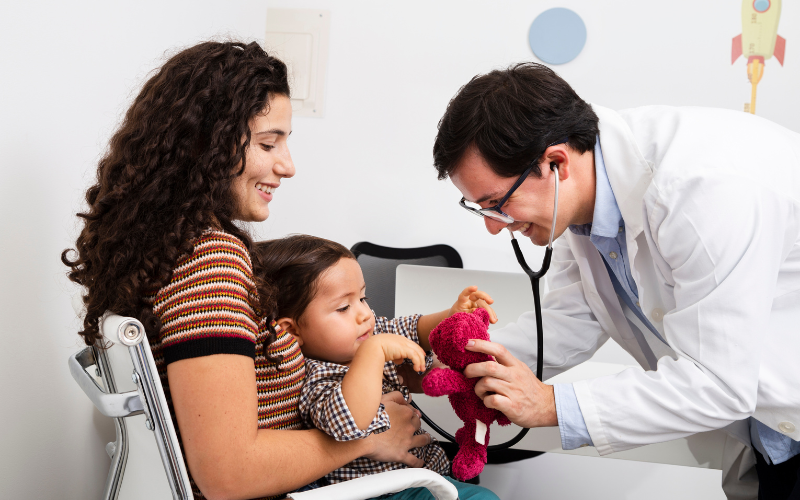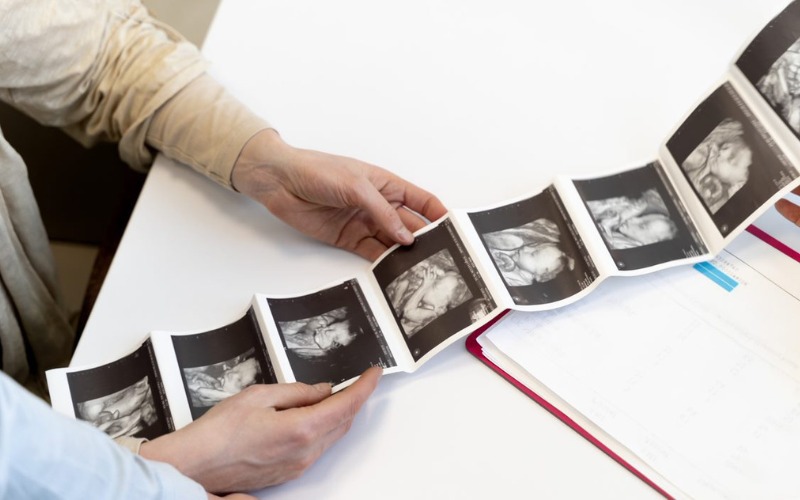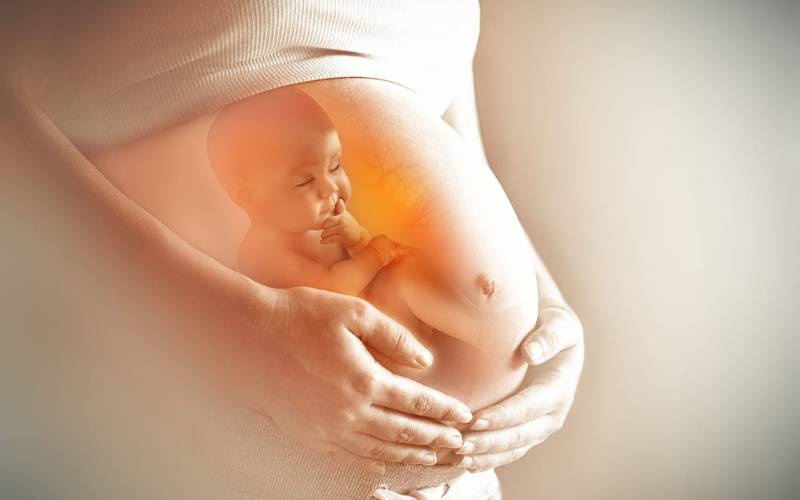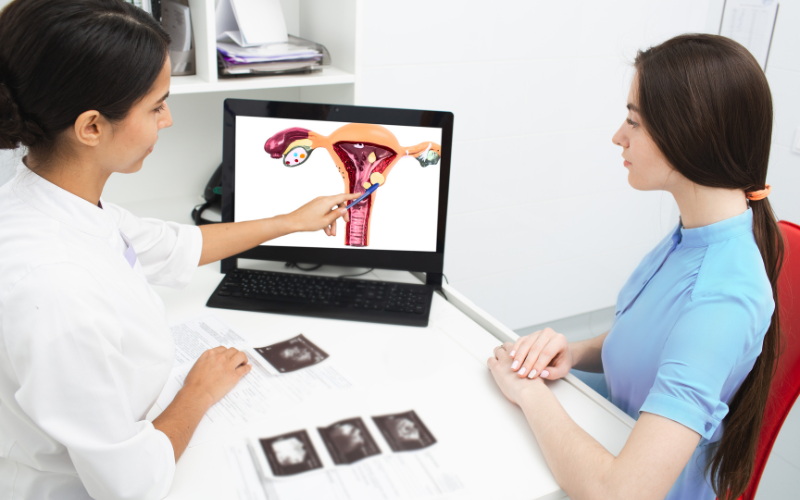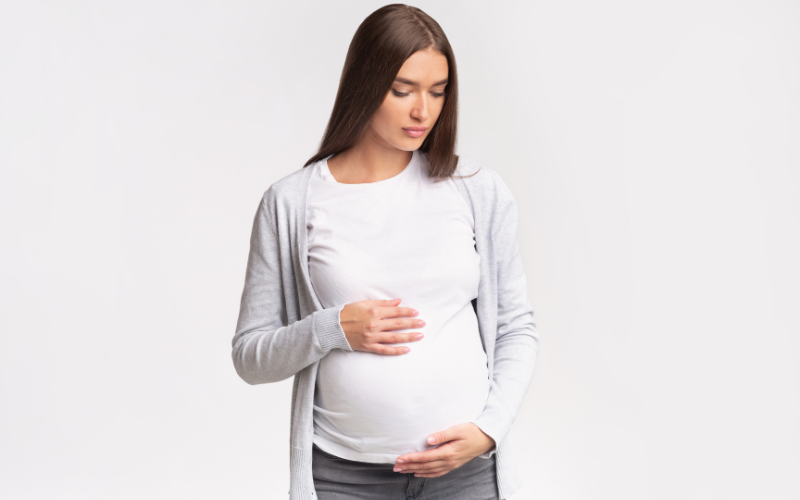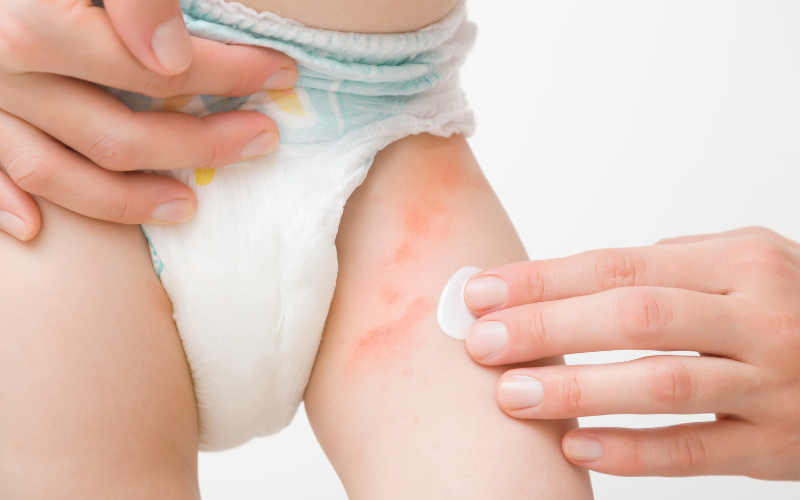Author: Dt. Arti Singh MSc – Nutritional Science
Consultant – Nutritionist and Dietician at Motherhood Hospital Kharghar
Pregnancy is a time of great joy and anticipation, but it is also a time when expecting mothers need to be very careful about their diet and nutrition. Eating a well-balanced diet is crucial for the mother and the baby’s well-being. One way to ensure a healthy pregnancy is to include saffron in your pregnancy diet. Saffron is a spice that is commonly used in our cuisine and has several health benefits for pregnant women.
What Is Saffron?
Saffron is a spice derived from the Crocus Sativus flower. It has been used for centuries in traditional medicine for its various health benefits. Saffron is rich in vitamins, minerals, and antioxidants that are beneficial for the body. Let’s take a closer look at how saffron can benefit pregnant women.
Essential Nutrients found in Saffron for a Healthy Pregnancy
Saffron is a spice that is commonly used in Indian cuisine and has several essential nutrients that are important during pregnancy. It is a good source of iron, which is crucial for the production of red blood cells and prevents anemia. Saffron is also rich in vitamin A, which is vital for fetal development, and vitamin C, which helps in the absorption of iron.
Additionally, saffron contains several antioxidants that help protect the body from oxidative stress and free radicals, supporting a healthy pregnancy. Incorporating saffron into an Indian diet can help expecting mothers receive the necessary nutrients to maintain a healthy pregnancy. However, it is important to consume saffron in moderation and after consulting with a doctor.
Psychological Benefits of Saffron during Pregnancy
Apart from its nutritional benefits, saffron also has psychological benefits that can help expecting mothers maintain a positive mood and good mental health during pregnancy.
- It contains natural antidepressants that promote the production of mood-regulating neurotransmitters.
- Saffron has calming effects, reducing anxiety and stress levels in pregnant women.
- It is believed to improve memory and cognitive function, which can be helpful during pregnancy when women often experience brain fog.
- Adding saffron to the diet can help pregnant women maintain a positive outlook and enjoy a stress-free pregnancy.
- It is important to consume saffron in moderation and after consulting with a doctor, especially if taking antidepressant medication.
Medical Benefits of Saffron during Pregnancy
In addition to its nutritional and psychological benefits, saffron has several medical benefits that can protect maternal and fetal health during pregnancy
- Saffron has anti-inflammatory properties that can reduce the risk of pregnancy-induced hypertension, a condition that can lead to pre-eclampsia and endanger the health of both the mother and baby.
- Saffron is also believed to have anti-spasmodic effects that can ease cramps and reduce the risk of miscarriage.
- Saffron has been found to have a positive effect on digestion, which can alleviate pregnancy-related digestive issues such as constipation and bloating.
- Saffron has been found to have a positive effect on uterine contractions, making it beneficial during labor.
Incorporating saffron into your pregnancy diet can help you benefit from its medicinal properties and ensure a healthy pregnancy. However, it is important to consume saffron in moderation and after consulting with a doctor.
Using Saffron Safely: Risks and Precautions for Pregnant Women
While saffron can be beneficial during pregnancy, it is important to be aware of the potential risks and take precautions to use it safely.
Here are some things to keep in mind:
- Saffron should be consumed in moderation, as excessive consumption can have adverse effects on maternal and fetal health.
- Pregnant women with a history of mood disorders or taking antidepressant medication should consult with a doctor before consuming saffron.
- Saffron can be an allergen for some people, so it is important to test for allergies before consuming it.
- Only purchase high-quality saffron from trusted sources to avoid adulteration with other substances.
Conclusion
In conclusion, saffron has several benefits during pregnancy. It is a good source of essential vitamins and minerals, can help alleviate anxiety and depression, regulate blood pressure, and reduce inflammation and pain. However, it is crucial to consume saffron in moderation and after consulting with a doctor.
At Motherhood Hospitals, we have a team of experienced supers specialists backed by the latest infrastructure and facilities. We have the best nutritionist in Kharghar, Mumbai. We are experts in handling complex deliveries, gynaecological, and other surgeries including a range of laparoscopic surgeries.
Do take an appointment with the best maternity hospital in Kharghar, Mumbai at a centre closest to you. Meet with our doctors who will carry out the required investigations, diagnose the issue and recommend the most appropriate treatment, enabling you to lead an active life.
If you wish to get in touch with Dt. Arti Singh , please book your appointment here .
FAQ’s:
- Is saffron safe to consume during pregnancy?
Yes, saffron is safe to consume during pregnancy, but only in moderation. Do consult with a nutritionist to define the best diet plan for a healthy and safe pregnancy
. - How much saffron should a pregnant woman consume daily?
Clinical studies have reported consumption of up to 1.5 gm per day of pure saffron to be safe. - What are the nutritional benefits of saffron for pregnant women?
Saffron is a good source of vitamins and minerals, such as iron, potassium, and vitamin B6, which can support the healthy growth and development of the fetus. - Can saffron be harmful to the baby if consumed in excess?
Yes, consuming excessive amounts of saffron can have adverse effects on maternal and fetal health, so it should be consumed in moderation, in consultation with your healthcare provider. - What precautions should pregnant women take when consuming saffron?
Pregnant women should take precautions such as testing for allergies, before consuming saffron. You should avoid adulterated saffron. It always best to consult with your healthcare provider before consuming saffron.


 Toll Free Number
Toll Free Number











